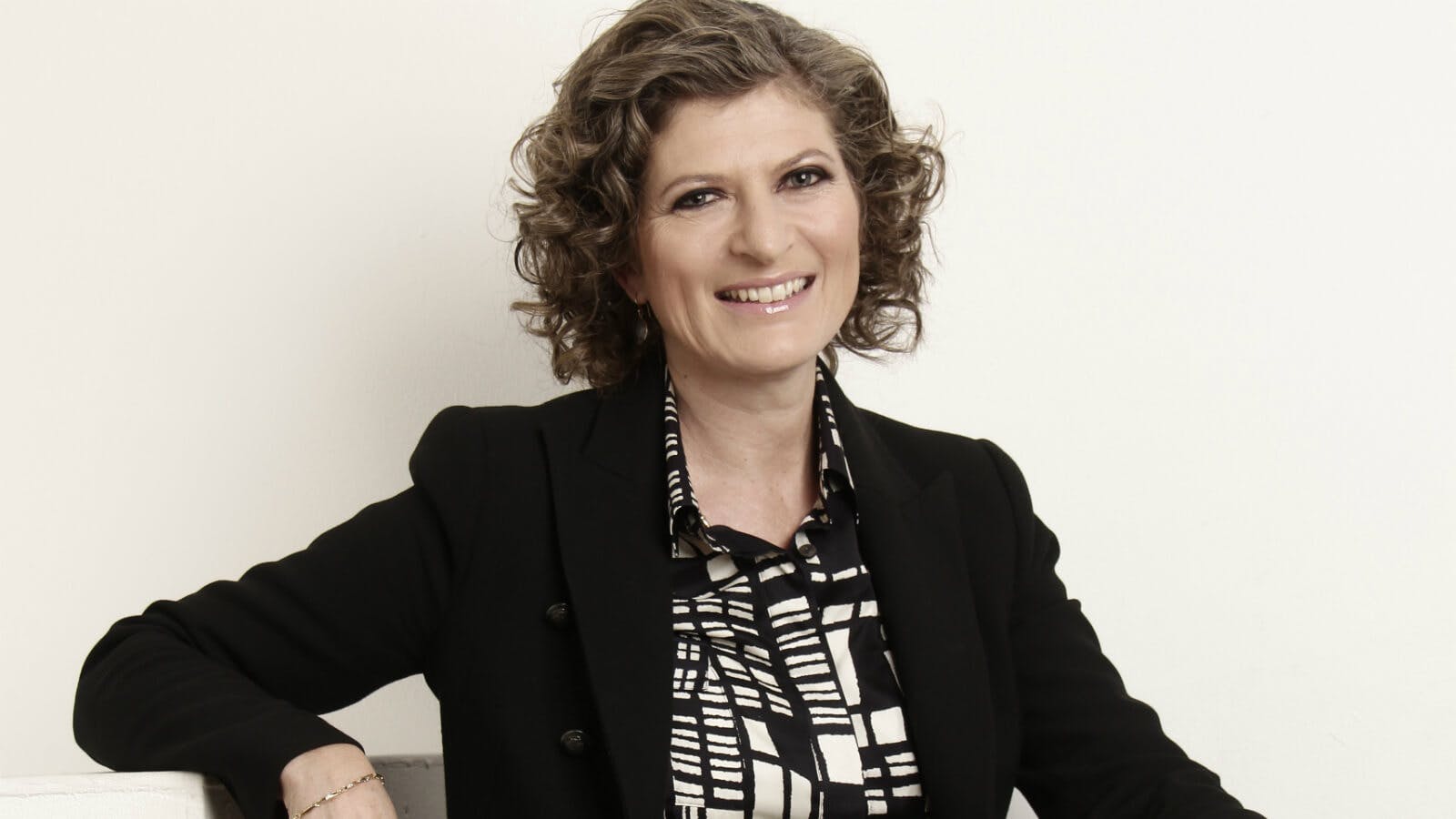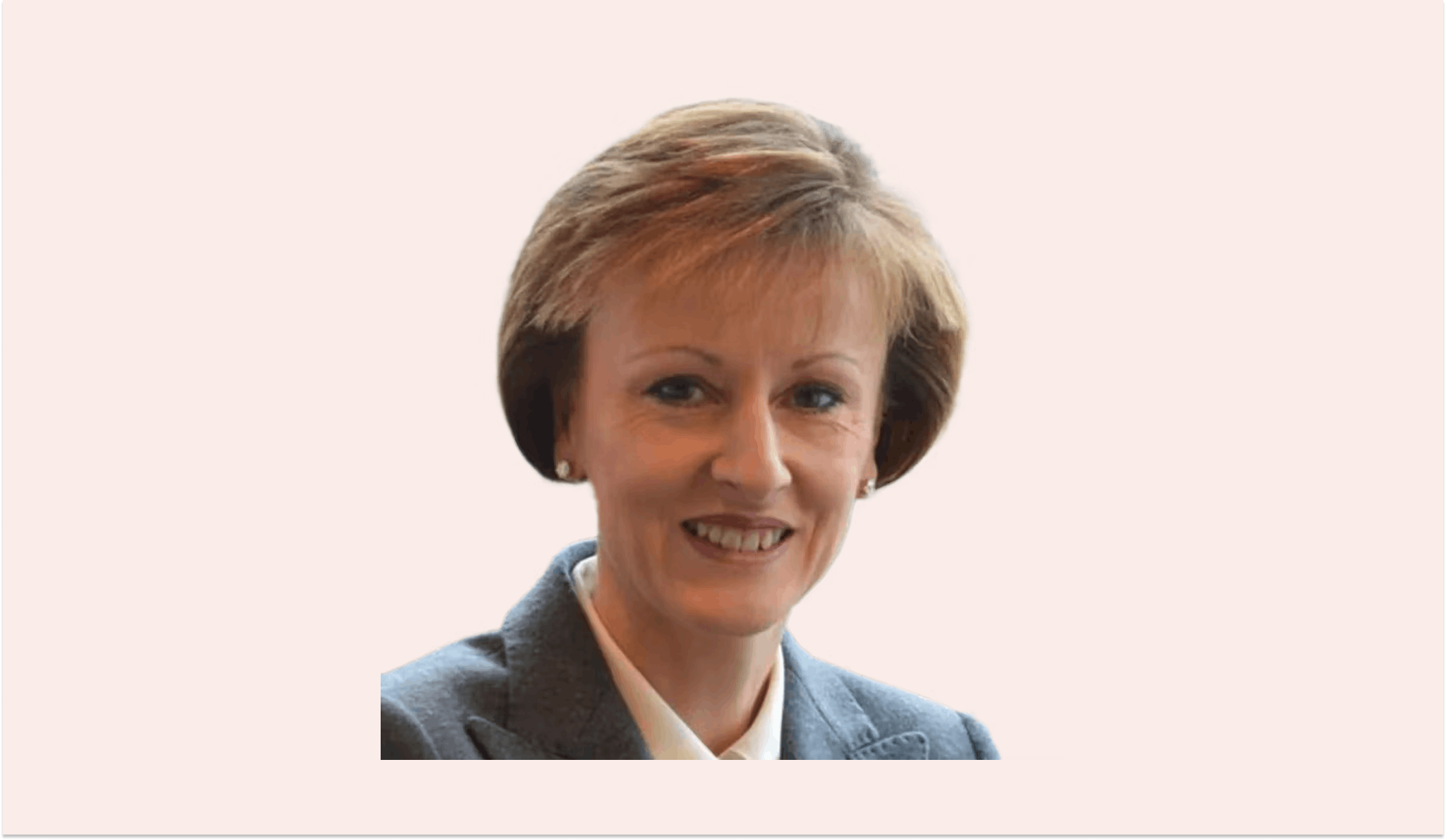
Writer, journalist and board member Mary Ann Sieghart on what women bring to the boardroom
The broader a board, the better conclusions it’ll reach, says writer and broadcaster Mary Ann Sieghart, who here explains the precise ways that women bolster corporate Britain’s boards.
She’s currently writing a book about why society takes women less seriously than men - and journalist Mary Ann Sieghart admits to having plenty of corporate experience to draw upon, although not in her current array of board roles. A former Assistant Editor of The Times and Lex columnist, since embarking on a portfolio career, Sieghart’s roles have included visiting fellow of All Souls College, Oxford, Senior Independent Director of Henderson Smaller Companies Investment Trust, and a Board Member of the Content Board of Ofcom and the Council of Tate Modern. She is currently Chair of the Social Market Foundation, a non-party-political think tank, and a Nurole-recruited Non-Executive Director of FTSE-listed investment trusts, Pantheon International and The Merchants Trust.
How - and why - do you think women bring something different to the boardroom?
Women have different life experiences to men, and different ways of talking: women are less embarrassed to ask what might be thought of as ‘the stupid question’ - and often that’s the one that most needs to be asked. Women are less likely to be bombastic and competitive, and more likely to be consensual and collaborative - it’s due to the way that girls and boys are socialised as children - and that different approach helps the balance of a board.
Boards with more women might find their meetings are shorter too - research shows women are less likely to take up conversational airtime for no good reason; generally, when women speak, they speak for less time than men, being more concise. A psychological study gave men and women three paintings to look at before they were each told to record themselves talking about the paintings for as long as they liked. On average, the women spoke for just over three minutes. The men, on average, spoke for 13 minutes - and three of the men were still talking when their 30-minute tapes ran out! “Some men definitely indulge in what I call ‘conversational man-spreading’. Luckily, I haven’t seen men behaving in this way on the boards I’m on at the moment, but I’ve certainly experienced it in the past.
Men and women bring different experiences, and different styles. Diversity of views around a boardroom table is incredibly important.
How can boards encourage quieter members, and limit louder ones?
Most women will only talk when they know they’ve got something interesting to say - you see it in the classroom, boys will put their hand up when they don’t yet know an answer, thinking, ‘it’ll come to me’, whereas girls won’t put their hand up until they’re sure of the answer. On a board, Chairs (of both genders) can help by making sure they’re hearing enough from women on their boards and encouraging them to speak up more, but also ask the men on their boards to be more concise if they’re not being. Boards need discipline.
There are apps which recognise higher and lower voices, and report, at the end of a meeting, on the proportion of time men and women were speaking. They can be a useful tool to see if men are dominating.
What about broader cognitive diversity in the boardroom?
The more diverse a board, the better conclusions that board is going to reach. You want to diversify as much as possible, with age, race, gender, nationality - the more people you have arguing and challenging each other, the better. Otherwise, you fall into group-think.
We’re used to hearing of the merits of marketers, finance experts and techies on a board - what can journalists bring?
An excellent understanding of how the world will see what the company does or says - especially if it gets into trouble: a journalist has an instinct for the best way to deal with it, which is usually to be as honest as possible, and to admit guilt early if it’s there. If a company is as open as it can be on day one, there’s no story for day two. You certainly can’t beat having a journalist on your team if a company is in crisis management - they’ll help you make the right decisions quickly. They’re generally much better than a PR company.
They also bring a much broader perspective: a lot of individuals on a board have only had experience of the business world; journalists have normally spent time with a vast array of people, and often they’re experts on politics and current affairs, and their implications for business. They tend to be good at spotting social trends. And they’ve spent their professional lives learning how to ask penetrating, important questions, as well as assimilating lots of complex information very quickly - after growing used to writing about lots of different things every day, journalists are very good at assimilating a board pack and working out what’s important.
There’s a bit of a myth that journalists are loners, not good team players. But at The Times, for example, I spent every morning for 19 years in leader conference, thrashing out the paper’s own opinion pieces - we started off with very diverse views and had to finish the meeting all in agreement about what line to take.
What do you put your own success down to?
The breadth of my career - as well as journalism, I always did a lot of other things on the side, partly because I’m a restless soul, and partly because I’ve always wanted to do pro bono work. I’d been a trustee of the Heritage Lottery Fund, started a campaign against Britain joining the Euro, and chaired a £44 million local regeneration scheme, all before I stopped writing full-time. So I had a lot of board experience already. I’d also been a [Financial Times] Lex columnist and City Editor, so I could read company accounts and understood how businesses worked.
What do you think is the most important change we need to make to NED roles?
Advertising all of the jobs. The current system is so insider-ish. How are you going to increase the diversity of boards if it’s the same old people’s shoulders you’re tapping all the time? And how can people interested in joining boards get into that world if they can’t apply? Nurole is really helping. But if firms aren’t advertising, they’re not getting the best-possible field. It feels very twentieth-century.
A recent Centre for Social Justice report proposes raising the state pension age to 75. What are your thoughts on the retirement age - and on the idea of abolishing National Insurance for those ‘young-old’ over the age of 60 who are still working?
I think 75 is too old - the life expectancy of a man in Glasgow is only 71.6. But we’re going to have to move towards 70, just so that we can afford to finance pensions as a nation. And I also think we should continue to pay NI as long as we’re earning money, however old we are.
And now for some quick-fire questions…
What’s your favourite book?
Middlemarch, George Eliot.
Favourite holiday?
Exploring Colombia.
What do you do to have fun?
Singing.
Favourite app?
Instagram.
When does your alarm go off and how many hours of sleep do you have on average?
As late as possible! I’m an extreme night owl and I hate early mornings. I really need eight hours’ sleep, which is a pain. I often think how much more I could do in a day if I could get by on six…
Nurole is the global platform changing the way organisations bring the best people on to their boards. Find out how it works for talented people looking for the best board level positions, and for organisations looking to hire the best board level talent.





